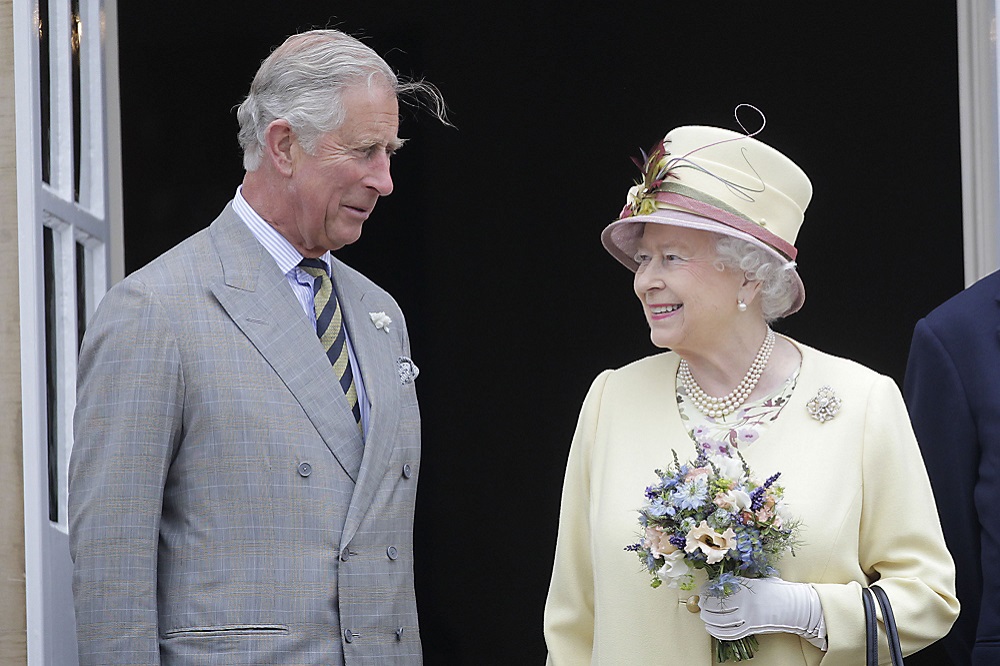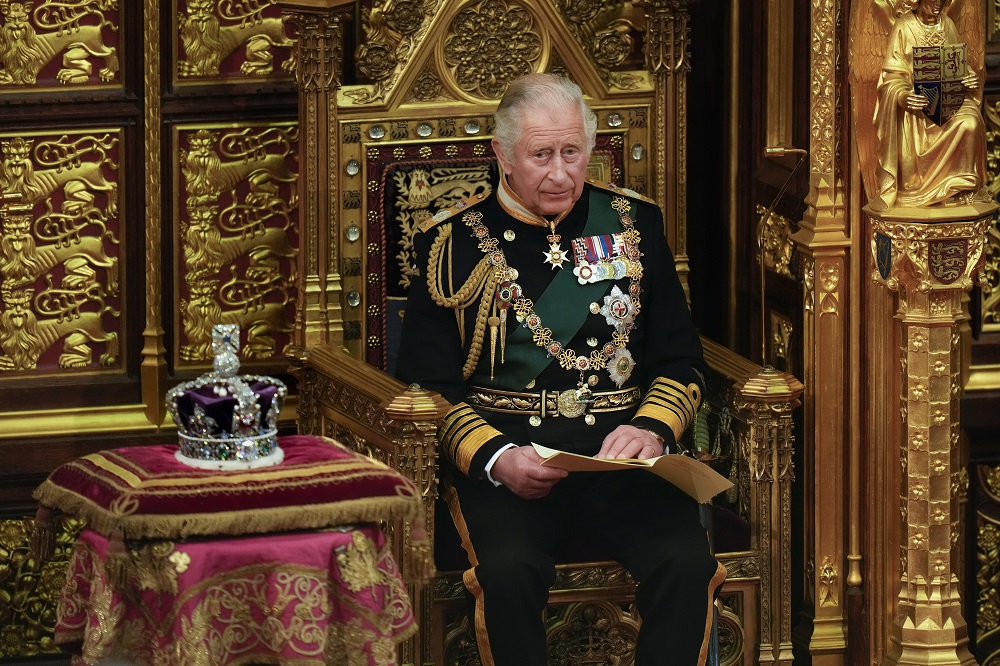Will King Charles III remain politically neutral?

Lecturer in Constitutional and Administrative Law, and Public Procurement, Bangor University
Categorised by some as a “meddler”, for decades constitutional lawyers have debated whether Prince Charles will be a reformist when he succeeds the Queen. Specifically, his “spider memos” to government ministers – which evidence his views on political issues such as climate change – have been used as an indication that he would not be “politically neutral”, and would reformulate the relationship between the Crown and parliament.
Fictional speculation on what will happen when Charles becomes king has been abound too. In the 2017 stage play adaptation King Charles III, the monarch tries to enforce his will by refusing royal assent to laws.
It insensitively suggests Charles would be a king who would use ancient decree – and prerogative powers – to dissolve the UK parliament, while using the Crown’s role as commander in chief of the British armed forces to defend its position.
However in 2018, the “king in waiting” gave his strongest indication yet that the status quo will be maintained.
When asked in an interview whether he would be a “meddling” or activist king, Prince Charles stated, “I’m not that stupid”. He referred to how suggestions that he would continue to make interventions – by lobbying parliamentarians – were “nonsense”, and that he would operate within the “constitutional parameters”.
His comments were a clear signal of respect for UK parliamentary sovereignty and go someway to quelling calls from those who want the UK to revisit the role of the royals. But if you look into what the UK monarchy can actually do now, it is unlikely in reality that the Crown would be able to reclaim historical powers – even if it wanted to.
The monarch’s powers
Since the reign of King John and the 1215 signing of the Magna Carta, the UK has had a system of monarchy limited by law – but it has not been smooth running. The long-standing tension between the Crown and its subjects was seen when King Charles entered parliament in 1642 to arrest parliamentarians for treason.
The revolution, and for a short period the UK becoming a “republic” under Oliver Cromwell, serve as reminders of the consequences of monarchs trying to arbitrarily enforce their powers. The restoration of the Crown in 1660 with King Charles II, the Case of Proclamations in 1611 – which stated that the king cannot make law without the consent of parliament – and the passing of the Bill of Rights in 1689, forced the monarch to accept the democratic will of parliament.
Today, the UK has a constitutional monarchy – a head of state limited by parliament. The ability to make laws resides with Westminster. While the monarch does have to give royal assent before a bill can become law, it is regarded as a rubber stamp exercise. In fact the last monarch to refuse to assent was Queen Anne in 1707.
Although the monarch no longer has a direct legislative or executive role, they do nonetheless hold important powers and privileges. For example, they can dissolve or summon back parliament. They can also appoint and remove ministers, including the prime minister.
The monarch also has the power to issue orders in council (a regulation made on advice of ministers), passports, and royal pardons – and declare war. The monarch also holds several other titles such as Head of the Church of England, Commonwealth and Civil Service. They also have power to award honours and peerages.

However, the reality is the monarch will, by convention, only exercise such powers on the advice of their government. Furthermore, some now argue that such conventions extend more widely to the advice of parliament, for example in relation to when the UK will go to war.
These legal and political safeguards tells us that concerns about the future king forcing his will upon the people, by dissolving governments and shutting down parliaments, are unlikely to come to fruition. The reality being that – because of the system of conventions and checks on their power – the Crown only acts on the advice of their parliamentarians.
2018 was an important year of change for the royal family, with Prince Charles taking over more of the Queen’s duties. In addition, the 53 leaders of the Commonwealth unanimously decided that Charles will be its next leader (something that was not guaranteed). Some even went as far as to suggest that plans were already in place for the Queen to abdicate.
The Prince’s comments likely came about due to the need to address his public image as an interventionist before he takes the throne. It was necessary for him to provide reassurance that stability will be maintained in the UK during his reign. And, though Charles is unlikely to publicly change the role of the monarch – in his own words – privately he would see it as his duty to “encourage and warn”, but publicly remain politically neutral, like the Queen.
This article was first published by The Conversation.
![]()
Support our Nation today
For the price of a cup of coffee a month you can help us create an independent, not-for-profit, national news service for the people of Wales, by the people of Wales.






He’s certainly not politically neutral. Never has been, never will be…
Charles will interfere. He always has with impunity. Wait until the next Scottish independence referendum. Sly Unionists used the late Queen who should have been neutral to stop independence in 2014, besides all the false promises, lies & deceit on behalf of England . Got to keep their cash cow. And what about Wales, I hear you cry? What about it. Charles never cared about Wales when he was Prince, so why change a habit of a lifetime a King.
Isn’t it a good general rule that whenever there is a news article in the form of a question the answer is always No?
He has lobbied hard for decades. There are rules in place Royals do not have to follow becuase of his interference. Especially when it comes to murdering endangered species. He will be worse I suspect. Because even though these titles have been powerless for centuries and just give access to billions of our cash, he probably will let it go to his head.
The notion that he will not meddle is not based on any evidence. All available evidence shows he has meddled and I see no reason why he will stop now. The only question is how far he will go. The prospect of refusing royal assent to laws he does not agree with, is a very real one, and the suggestion that this somehow makes him a “reformist” is a misleading premise. All this is actually very concerning and could constitute a threat to UK democracy if he is allowed to use his position to influence those in high office for… Read more »
Yes indeed. We need only to look back to the period of the Disgraced former PM de Piffle to see that the checks and balances of the British “Constitiution” are not worth the paper they are written on (although for the most part they are not written). Charles will meddle and push for what he wants or objects to. Thus the move to Constitutional and Electoral Reform is likely to be subject to serious opposition. Not good news.
The King does not have to follow advice from ministers most prerogatives are used by his or her ministers and with a deal struck the PM will take responsibility for the use, unless it’s a power only the Monarch can only use for his or himself the meetings with PM every week are how the sovereign governs the Sovereign has his or her advisors, the royal prerogative, Buckingham Palace when asked to release what said between Sovereign and PM the Palace